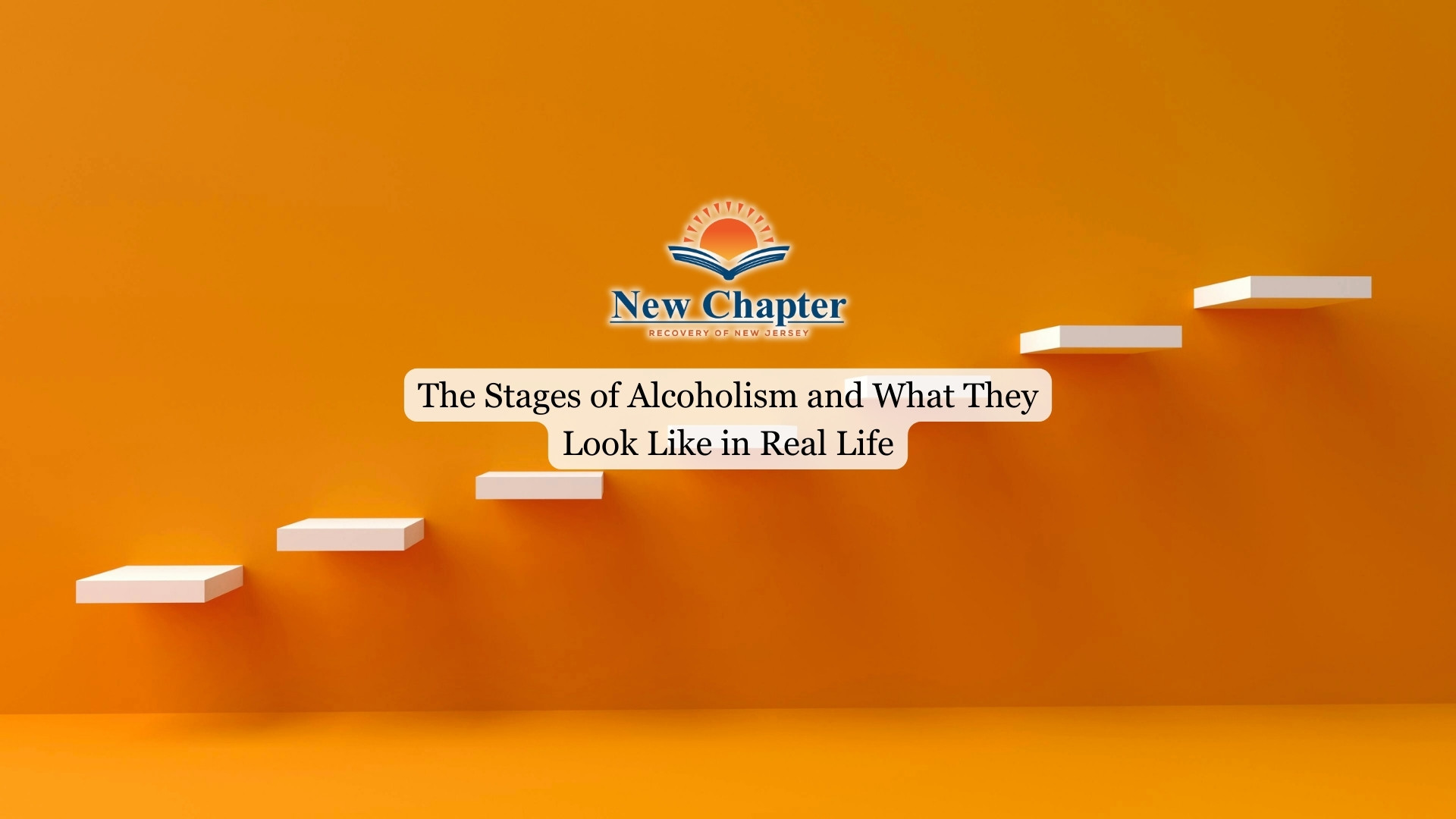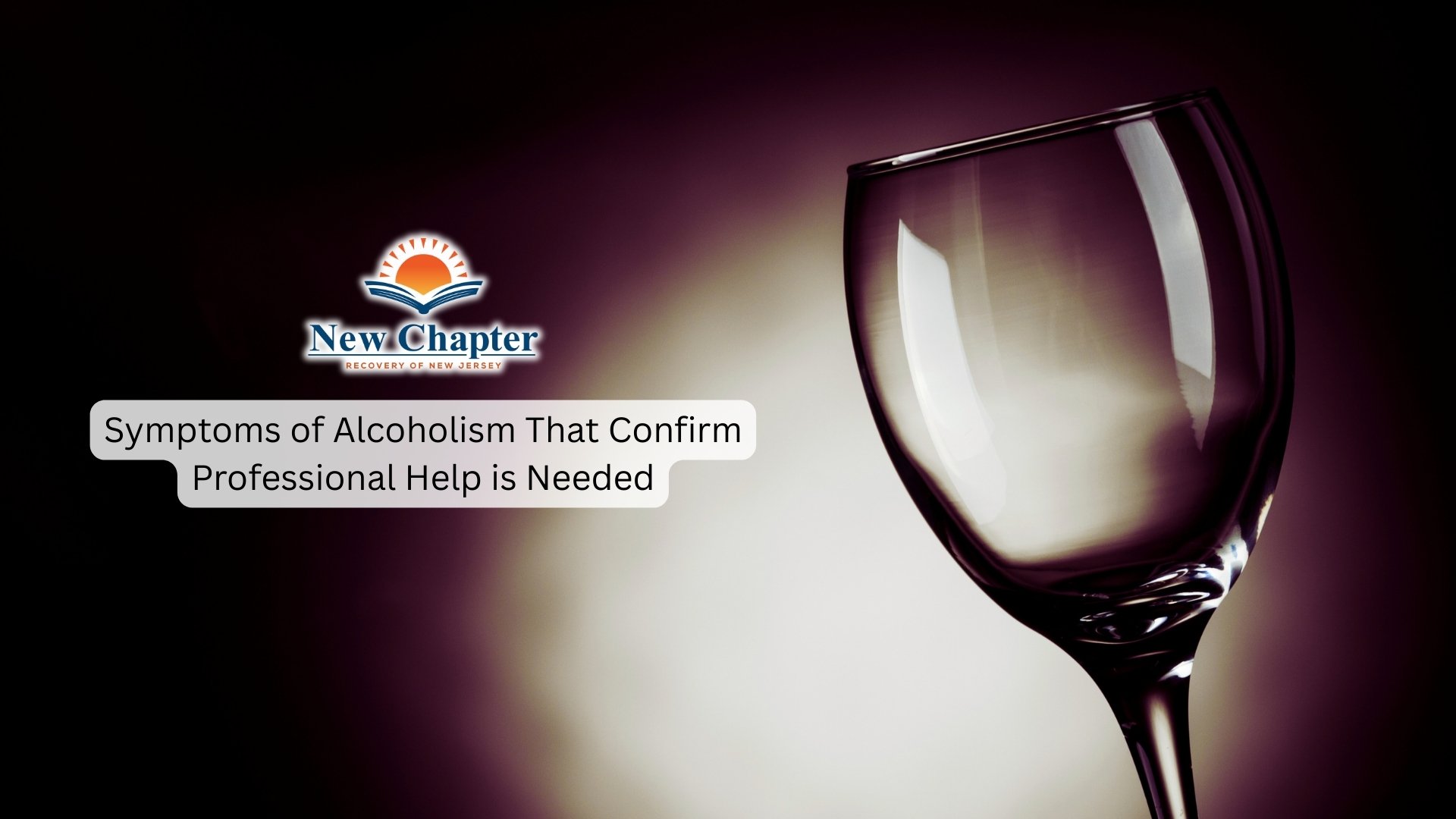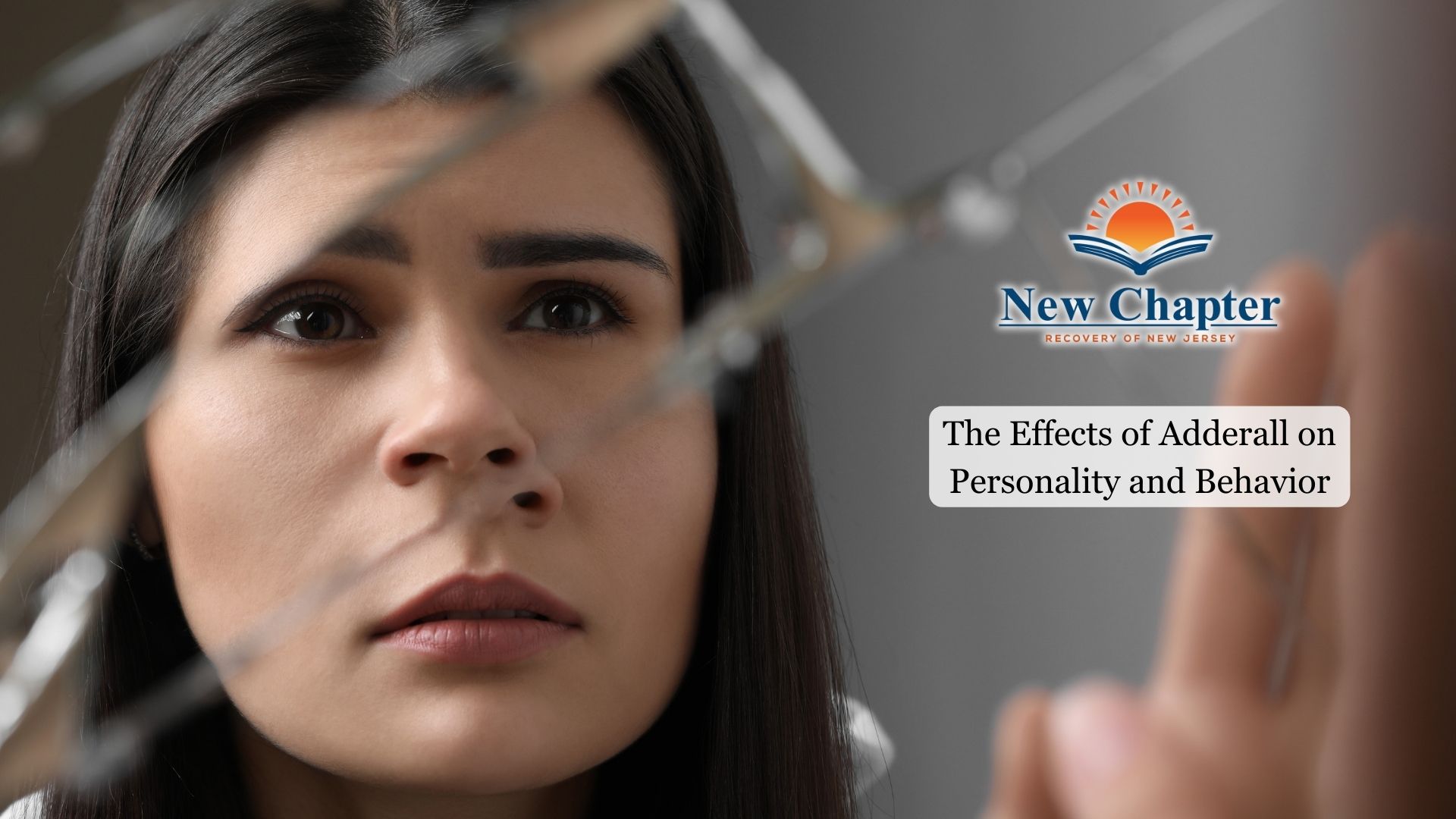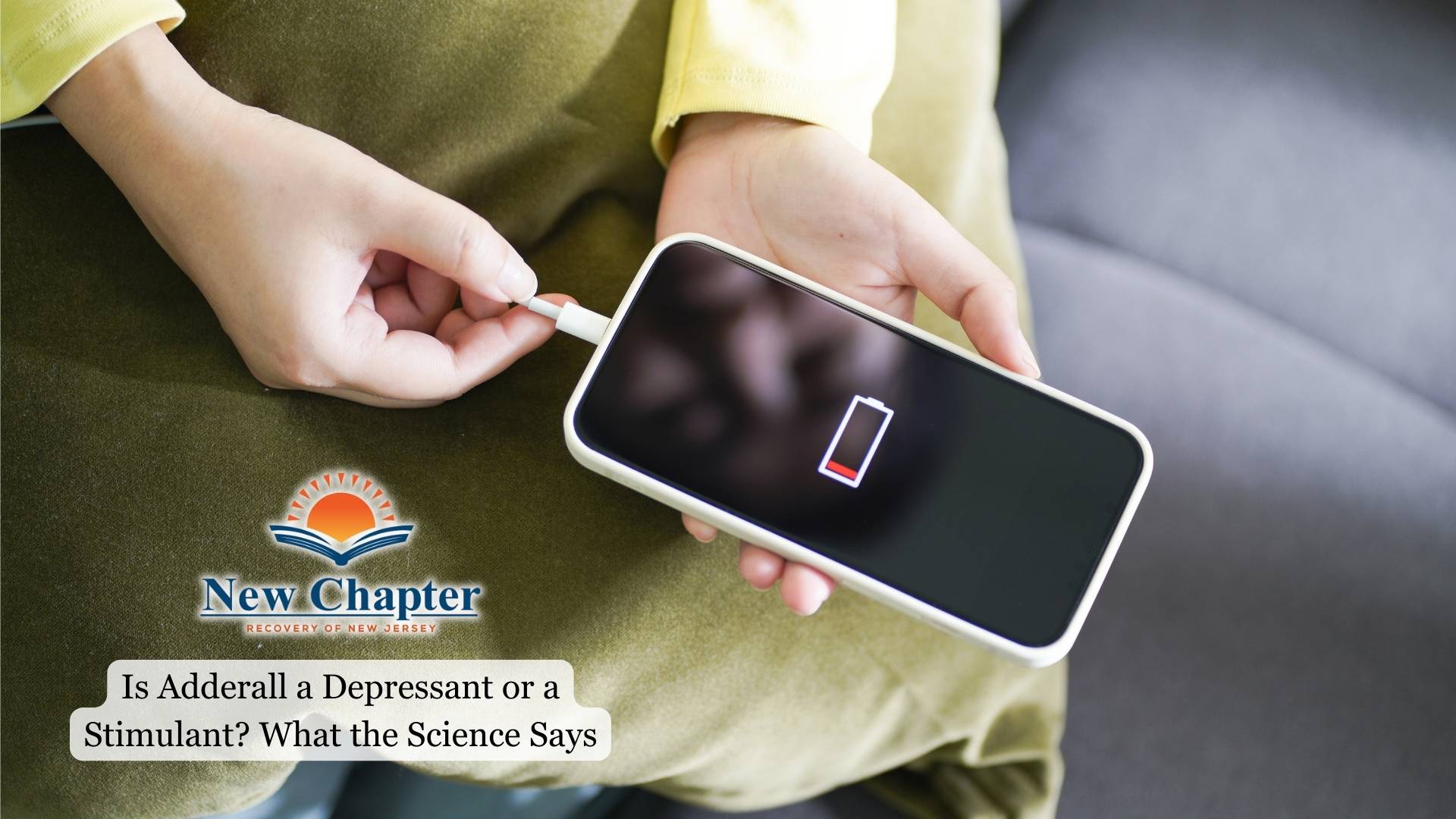Families are integral to the recovery process, offering encouragement, stability, and at times, unintentional obstacles. The way family members interact and respond to addiction can significantly influence an individual’s recovery experience, making it essential to establish healthy, constructive relationships.
This article will explore the connection between family dynamics and addiction recovery, shedding light on the roles family members play, the benefits of family involvement in treatment, and effective strategies for strengthening relationships throughout the recovery journey.

Addiction’s Impact on Families
As loved ones grapple with feelings of anxiety, depression, and helplessness, they often struggle to provide the emotional support necessary for recovery. Financial instability further exacerbates the situation, as treatment costs and loss of income strain already limited resources.
Children bear the brunt of this upheaval, facing neglect, emotional disconnect, and developmental challenges that increase their risk of developing substance use disorders later in life. If you’re a parent or caregiver navigating these challenges, you may find helpful guidance in this resource on what parents need to know about going to rehab while raising children.
Dysfunctional family dynamics emerge as members adopt unhealthy roles to cope with the chaos. Enablers, heroes, and scapegoats perpetuate the cycle of addiction, hindering the recovery process.
To break this pattern, families must engage in open communication and actively participate in their loved one’s journey to sobriety.
Through tailored outpatient programs that incorporate family therapy and support, we at New Chapter Recovery empower families to rebuild trust, improve communication, and navigate the challenges of recovery together.
Enabling Behaviors and Consequences
When you provide financial support or emotional defence for your addicted loved one, you may believe you’re helping them, but in reality, you’re shielding them from the consequences of their actions.
Approximately 25% of children grow up in homes with substance abuse, highlighting the generational impact of enabling behaviors on family dynamics.
As a family member, you may struggle with guilt and pity, leading to actions that undermine your loved one’s accountability and hinder their journey toward addiction recovery. Families with high levels of enabling behaviors display low flexibility and high distress, resulting in dysfunctional relationships that complicate recovery efforts.
Establishing Healthy Boundaries in Recovery
Setting clear and respectful boundaries is essential for both individuals in recovery and their family members, as it creates a supportive environment while safeguarding personal well-being.
Healthy boundaries help distinguish between offering support and enabling destructive behaviors, allowing families to encourage recovery without compromising their own emotional health. Open and honest communication about these boundaries fosters understanding, helping everyone express their needs and expectations while maintaining a balanced family dynamic.
As the recovery journey unfolds, it’s important for families to work together in defining boundaries that emphasize accountability and safety. Establishing these limits can alleviate feelings of guilt and responsibility, empowering family members to prioritize their own well-being while still being a source of support.
Maintaining effective boundaries requires ongoing dialogue and adjustments throughout the recovery process, ensuring that all family members contribute to a stable, nurturing, and healthy environment.

Family Roles and Dynamics
Family roles and dynamics often shift in response to addiction, with each member adopting specific patterns of behavior that can inadvertently reinforce the cycle of substance abuse.
The Addict becomes the focal point, while The Enabler shields them from consequences. The Hero overachieves to compensate, The Mascot uses humor to diffuse tension, The Scapegoat attracts negative attention, and The Lost Child withdraws.
These roles can perpetuate addiction if left unchecked. Involving the right family members and support figures in the recovery process, such as during an intervention, can be crucial for breaking unhealthy patterns and fostering lasting change.
To break this cycle, encourage family members to express their feelings and concerns honestly, while setting clear limits to protect everyone’s well-being.
Healing Through Family Therapy
Family therapy sessions provide a safe space for open communication, allowing you to address relational issues and foster understanding among family members.
By participating in these sessions, you’ll learn how to set healthy boundaries and redefine roles to support your loved one’s recovery effectively. Joining support groups for families affected by addiction can also help you navigate the challenges of recovery together.
As you work on rebuilding family relationships, remember that the treatment improvement protocol (TIP) emphasizes the importance of involving family members in treatment planning. This collaborative approach enhances treatment outcomes and creates a strong support system that encourages accountability and healthier dynamics.
With continued effort and dedication, family therapy can help you collectively heal from the impact of addiction, promoting long-term recovery and strengthening your family unit.
Final Thoughts from New Chapter Recovery
At New Chapter Recovery, we understand that the involvement of each family member can greatly improve the recovery process, creating an atmosphere of empathy, compassion, and strength. Our dedication to comprehensive care involves addressing not only the person battling addiction but also the entire family unit. Our caring team at New Chapter Recovery is committed to supporting you through every stage of the recovery journey, making sure that both individuals and families have the resources they need to flourish.
Frequently Asked Questions
What are the best ways to handle family conflicts during the recovery process?
Family conflicts during recovery can be managed through open communication, active listening, and setting clear boundaries. Engaging in family therapy or support groups can provide guidance on resolving disagreements in a healthy and constructive way. Practicing patience and empathy is key, as recovery is a challenging journey that requires mutual understanding and emotional support.
What are some healthy coping mechanisms for family members dealing with a loved one’s addiction?
Family members can benefit from practicing self-care, such as engaging in exercise, meditation, or hobbies that reduce stress. Seeking therapy or joining support groups like Al-Anon can provide emotional support and practical advice. Setting boundaries and focusing on their own well-being ensures they can continue to provide support without becoming overwhelmed.
How can families support a loved one who is experiencing relapse?
Rather than reacting with anger or disappointment, families should approach relapse with understanding and encouragement. Encouraging their loved one to re-engage in treatment, attend support groups, or speak with a counselor can help them regain their footing. Avoiding enabling behaviors while offering emotional support is crucial for helping them recommit to their recovery journey.
How can family members help a recovering loved one establish a new, healthier routine?
Family members can support a loved one’s recovery by encouraging structured daily routines that include healthy meals, exercise, therapy sessions, and sober activities. Participating in positive activities together, such as attending support groups or engaging in hobbies, can reinforce a sense of stability and purpose. Providing a safe, substance-free environment and offering consistent emotional support can make the transition to a healthier lifestyle smoother.






